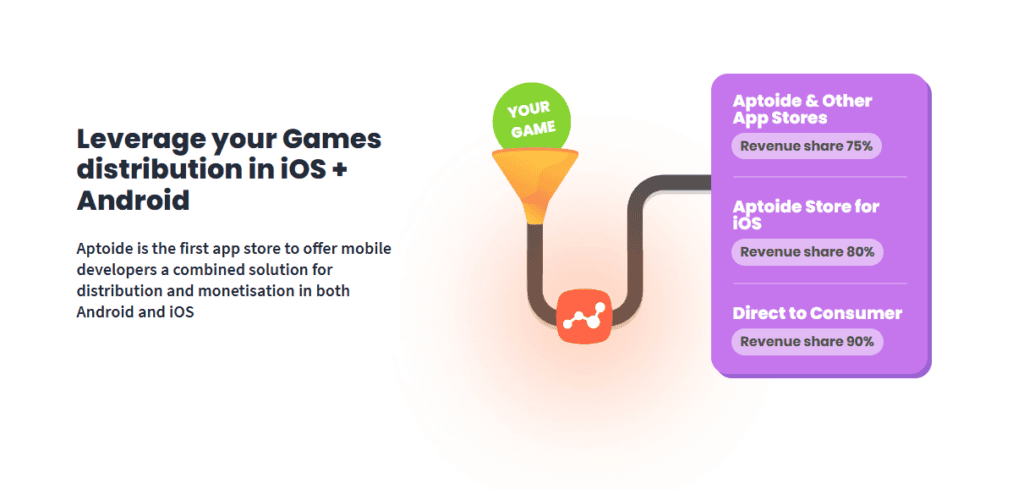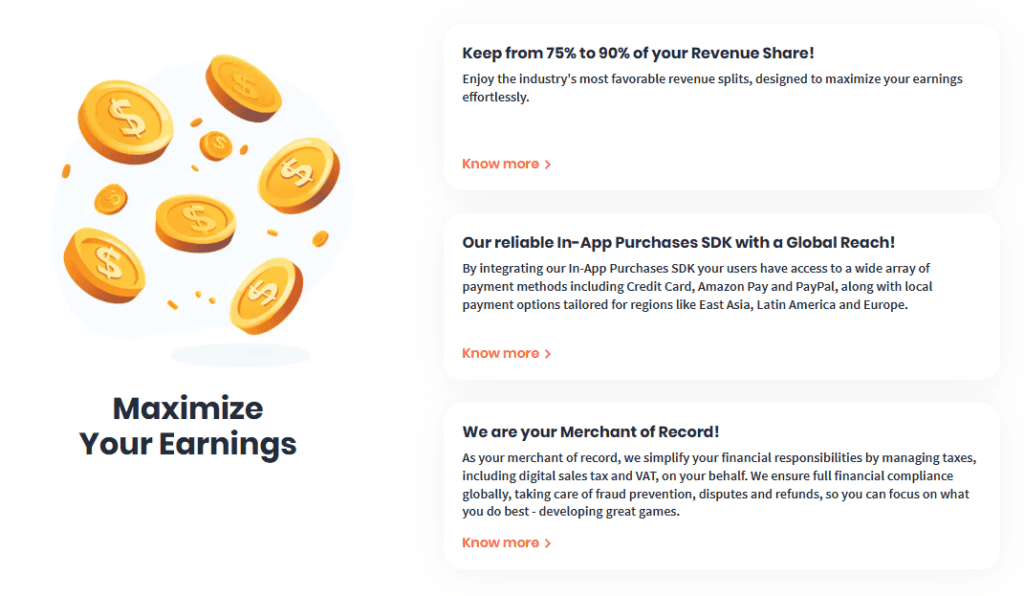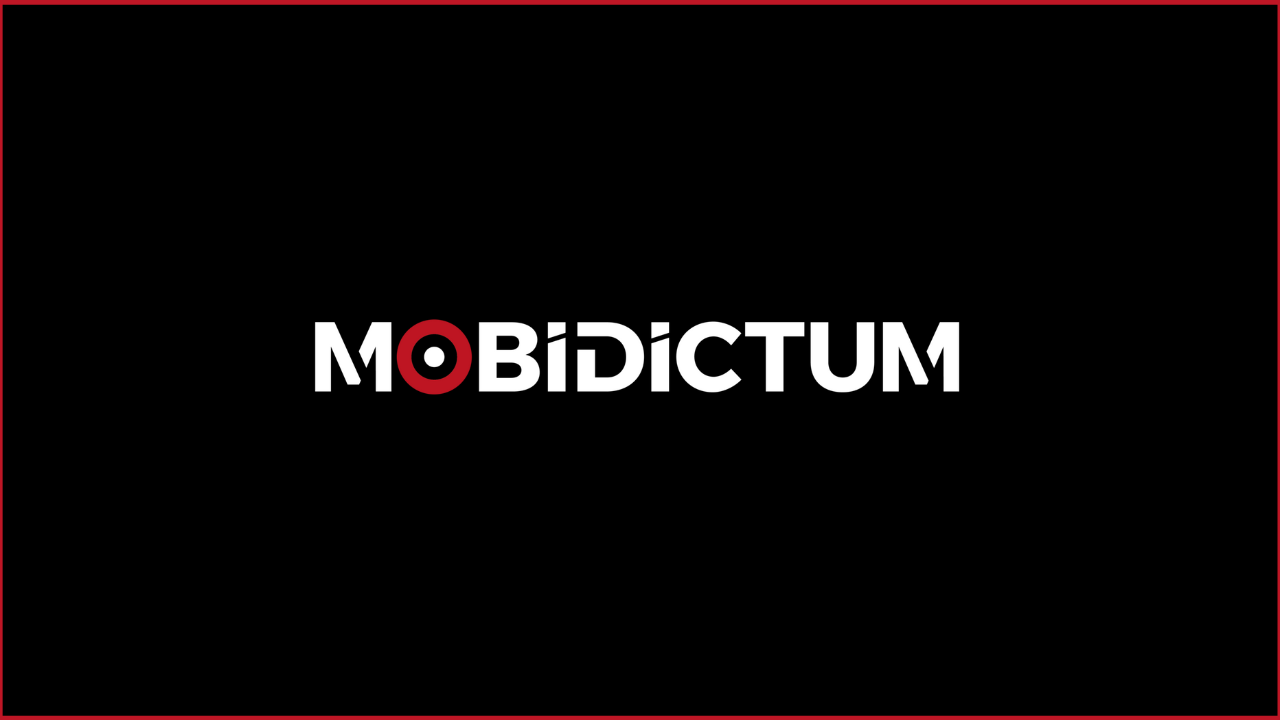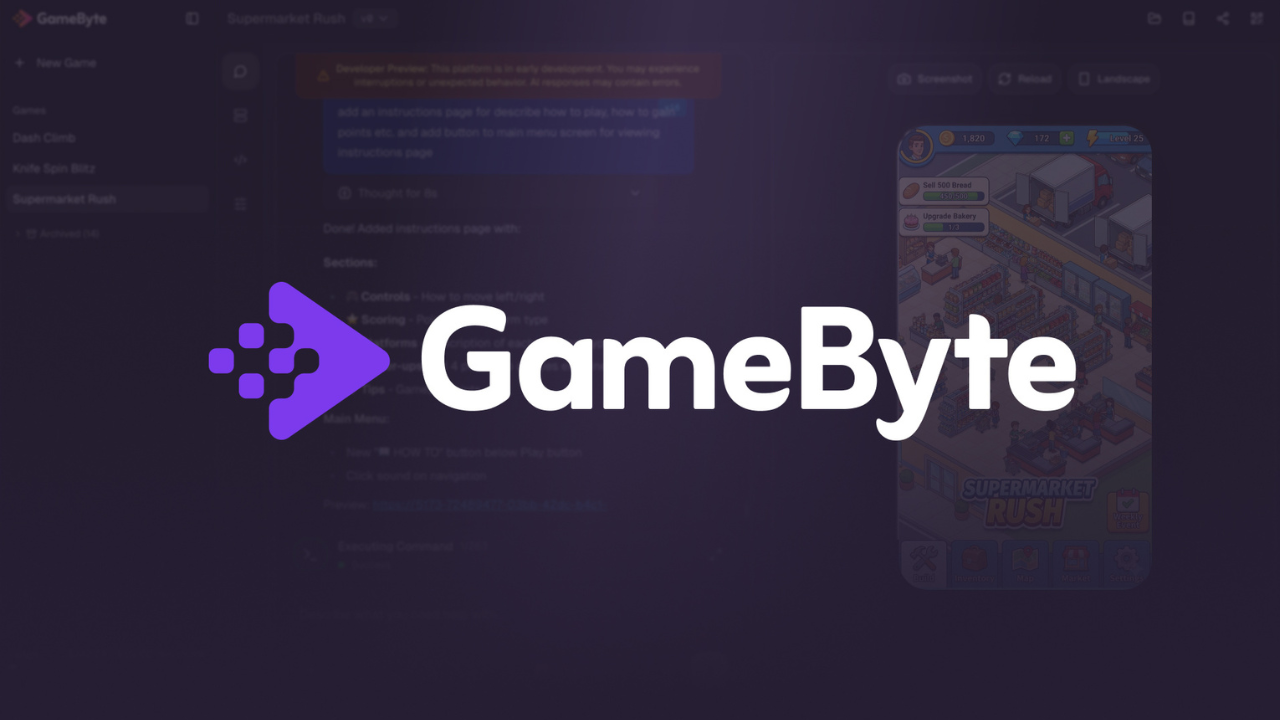Paulo Trezentos, CEO and co-founder of Aptoide, has introduced transformative solutions to the gaming industry, such as the AppCoins Wallet and Aptoide Games, reshaping app distribution and monetization in the mobile ecosystem. As a strong advocate for open app markets, Trezentos continues to champion transparency, flexibility, and developer empowerment within the industry.
We spoke with Paulo to learn more about Aptoide’s journey, its challenges, and its vision for the future of app stores.
Please introduce yourself to our readers.
I’m Paulo Trezentos, CEO and co-founder of Aptoide, the original independent app store with over 430 million users.
I’ve worked in the tech industry for over a decade and led Aptoide through multiple growth stages. I’m proud to have overseen the expansion of our innovative solutions, which include the AppCoins Wallet, Aptoide Games, and Aptoide Connect, which help empower developers with better monetization and distribution solutions.
I’m a strong advocate for open app markets and digital freedom, and we at Aptoide are committed to challenging the status quo and fostering an environment where developers can thrive.
How did Aptoide begin, and where did the idea come from?
The idea for Aptoide came to me when I first encountered the Android operating system. Android’s open-source nature sparked the idea of creating a free, independent app store that would offer more freedom and control to developers and users.
At the time (and even now), the app store landscape was dominated by Apple and Google, both of which imposed very strict rules and limitations on app distribution. Alvaro and I saw an opportunity to build a platform that broke free from these restrictions and provided a fair and transparent environment for app developers.

Inspired by the open-source philosophy of Android, Aptoide was designed to be a decentralized app store prioritizing flexibility, customization, and a fairer revenue model. The goal was to empower developers to publish and monetize their apps freely while giving users access to a broader range of choices.
Aptoide remains committed to providing an alternative to the traditional app store models, always focused on promoting openness and freedom within the mobile app ecosystem.
Aptoide became one of the earliest entrants in the alternative app store space in 2011. What challenges did you face in establishing yourselves?
When we launched Aptoide in 2011, one of the biggest challenges was competing with the dominance of Google Play and the Apple App Store. People were already comfortable with those platforms, so convincing them to try something new was tough.
Plus, building a reliable infrastructure to handle millions of app downloads, ensuring security, and keeping things user-friendly took a lot of work, especially since we were doing things differently. We also had to navigate a lot of regulatory challenges to make sure we complied with various laws around the world, which wasn’t always easy.
On the developer side, getting people to publish on Aptoide was another hurdle. The big app stores offered a lot of financial incentives and tools, so we had to find ways to attract developers to our platform.
We focused on offering more freedom and control – developers could have a more open model for monetization and rewards, which helped us grow that side of the business. Over time, we worked hard to change the perception that alternative stores were just for low-quality or pirated apps, and now we’re proud to have built a trusted community for both users and developers.

Can you explain how Aptoide successfully won an antitrust lawsuit against Google? What impact did that have on the company and the app store ecosystem?
Winning the antitrust case against Google in 2018 was a big moment for Aptoide.
We showed that Google was using its dominance to block us and other competitors from reaching users, hurting both developers and consumers.
Thankfully, the court agreed, ruling that Google’s actions were anti-competitive and violated EU laws, which was a huge win for us and for anyone who believes in a fairer digital marketplace.
The impact has been pretty clear – we’ve gained more visibility, and developers are now looking at us as a real alternative to Google Play and the App Store. In fact, this year we were the first non-Apple store to be launched on iOS.
This case and the latest developments regarding third-party app stores send a great message about the need for more competition in the app store space, which means more options and better choices for everyone. It’s been a game-changer for us and for the entire app ecosystem.

What makes Aptoide unique compared to other app stores, and how has it evolved over the years?
Aptoide stands out by giving developers full control over app distribution, pricing, and monetization, allowing them to customize how they engage with users. It reduces geo-restrictions, enabling apps to reach a global audience, and supports alternative payment methods and unique app functionalities that more restrictive platforms would never allow.
One of the key differentiators is the revenue share: Aptoide offers developers 75% of the revenue share – significantly more than traditional app stores – which can increase to up to 90% when developers decide on our D2C model.
We’re really focused on discoverability and developer autonomy, and our wider ecosystem of offerings like Aptoide Connect and Aptoide Games empowers developers to maximize their reach and revenue potential.

What role does Aptoide Games play within the company’s offerings, and how does it fit into Aptoide’s broader strategy?
Aptoide Games is the latest branch of the Aptoide ecosystem. It’s a premium, highly curated store exclusively focused on games and it is tailored for discoverability. Our team handpicks games based on quality and popularity. Right now, we have about 150 games which have been extensively vetted, tested and deemed worthy.
Just last month, we also launched the first ever AI discoverability tool, which helps users find the games they want based on their likes and moods.

How does the wider Aptoide ecosystem—comprising AppCoins Wallet and Aptoide Connect—integrate with the app store, and what benefits do they offer to users and developers?
The Aptoide ecosystem is extremely interconnected. AppCoins Wallet and Aptoide Connect both enhance the app store experience in different ways for users and developers.
The AppCoins Wallet enables developers to integrate a diverse range of payment options and reward systems into their apps. This opens up new revenue streams, particularly in regions where conventional payment options are limited, and allows developers to earn more efficiently through microtransactions and in-app purchases.

Aptoide Connect further supports developers by providing a platform for managing app distribution, updates, and performance analytics. It allows developers to track user behavior, optimize app performance, and scale their reach more effectively.
Together, these tools help developers maximize their revenue potential, improve app visibility, and gain valuable insights to refine their strategies, making the Aptoide ecosystem an invaluable resource for app creators.
Looking ahead to 2025, what are Aptoide’s key goals and aspirations for growth, innovation, and expansion?
2024 was a huge year for us as we launched Aptoide on iOS. That was a real litmus test of the app store ecosystem, an indication that formerly closed-off platforms like Apple and Google really are feeling the effects of the DMA and are opening up to competition.
With access to a wider group of people, our goal is to continue expanding our two-sided marketplace for both users and distributors. We’ve gained more exposure, and now we get to show more producers the benefits of distributing on alternative stores – freedom, lower fees, greater transparency, and everything else I mentioned above.
How do you see the app store ecosystem changing in 2025?
By 2025, we expect the app store ecosystem to undergo significant shifts driven by regulatory pressures and technological advancements. Google and Apple are already being forced to open up their platforms, especially in key markets like the UK, US, and Japan, and this trend will only intensify.
With increasing government scrutiny and lawsuits targeting Apple, and ongoing regulatory challenges for Google, we foresee more competition emerging in the app store space. Alternative stores like Aptoide, which offer more freedom, lower fees, and greater transparency, are well-positioned to capitalize on this shift.
As big tech is pushed to open up, developers will have more choices, allowing platforms that prioritize flexibility and revenue share to thrive.
Additionally, AI’s growing influence will have a major impact on mobile game distribution. With AI making games more personalized and enhancing production efficiency, we can expect shorter production times and even more targeted experiences for users.
This will change how developers engage with players, and in turn, the app stores will need to adapt, offering features that support more customized, interactive experiences.
As the industry moves towards greater decentralization and personalization, Aptoide will be at the forefront of providing a platform that offers developers the control, revenue, and flexibility they need to thrive in this evolving ecosystem.





